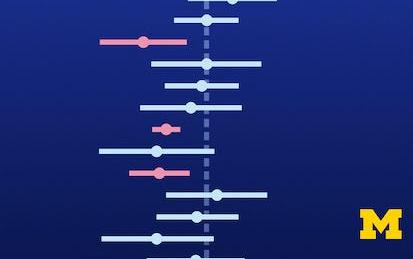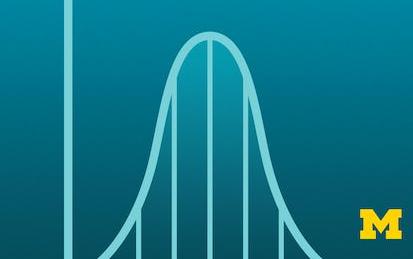

Our Courses

Data Engineering and Machine Learning using Spark
NOTE: This course is currently replaced with IBM Machine Learning with Apache Spark.
Further your data engineering career with this self-paced course about machine learning with Apache Spark! Organizations need skilled, forward-thinking Big Data practitioners who can apply their business and technical skills to unstructured data such as tweets, posts, pictures, audio files, videos, sensor data, and satellite imagery and more to identify behaviors and preferences of prospects, clients, competitors, and others.
-
Course by

-
 Self Paced
Self Paced
-
 8 hours
8 hours
-
 English
English

Data Science Methodology
If there is a shortcut to becoming a Data Scientist, then learning to think and work like a successful Data Scientist is it. In this course, you will learn and then apply this methodology that you can use to tackle any Data Science scenario. You’ll explore two notable data science methodologies, Foundational Data Science Methodology, and the six-stage CRISP-DM data science methodology, and learn how to apply these data science methodologies.
-
Course by

-
 Self Paced
Self Paced
-
 15 hours
15 hours
-
 English
English

Python for Data Science, AI & Development
Kickstart your learning of Python with this beginner-friendly self-paced course taught by an expert. Python is one of the most popular languages in the programming and data science world and demand for individuals who have the ability to apply Python has never been higher. This introduction to Python course will take you from zero to programming in Python in a matter of hours—no prior programming experience necessary! You will learn about Python basics and the different data types.
-
Course by

-
 Self Paced
Self Paced
-
 27 hours
27 hours
-
 English
English

Introduction to Bayesian Statistics
The objective of this course is to introduce Computational Statistics to aspiring or new data scientists. The attendees will start off by learning the basics of probability, Bayesian modeling and inference. This will be the first course in a specialization of three courses .Python and Jupyter notebooks will be used throughout this course to illustrate and perform Bayesian modeling. The course website is located at https://sjster.github.io/introduction_to_computational_statistics/docs/index.html.
-
Course by

-
 Self Paced
Self Paced
-
 13 hours
13 hours
-
 English
English

Mathematics for Machine Learning: Linear Algebra
In this course on Linear Algebra we look at what linear algebra is and how it relates to vectors and matrices. Then we look through what vectors and matrices are and how to work with them, including the knotty problem of eigenvalues and eigenvectors, and how to use these to solve problems.
-
Course by

-
 Self Paced
Self Paced
-
 19 hours
19 hours
-
 English
English

Inferential Statistical Analysis with Python
In this course, we will explore basic principles behind using data for estimation and for assessing theories. We will analyze both categorical data and quantitative data, starting with one population techniques and expanding to handle comparisons of two populations. We will learn how to construct confidence intervals. We will also use sample data to assess whether or not a theory about the value of a parameter is consistent with the data. A major focus will be on interpreting inferential results appropriately.
-
Course by

-
 Self Paced
Self Paced
-
 19 hours
19 hours
-
 English
English

Understanding and Visualizing Data with Python
In this course, learners will be introduced to the field of statistics, including where data come from, study design, data management, and exploring and visualizing data. Learners will identify different types of data, and learn how to visualize, analyze, and interpret summaries for both univariate and multivariate data.
-
Course by

-
 Self Paced
Self Paced
-
 21 hours
21 hours
-
 English
English

Introduction to Big Data with Spark and Hadoop
This self-paced IBM course will teach you all about big data! You will become familiar with the characteristics of big data and its application in big data analytics. You will also gain hands-on experience with big data processing tools like Apache Hadoop and Apache Spark. Bernard Marr defines big data as the digital trace that we are generating in this digital era. You will start the course by understanding what big data is and exploring how insights from big data can be harnessed for a variety of use cases.
-
Course by

-
 Self Paced
Self Paced
-
 24 hours
24 hours
-
 English
English

Fitting Statistical Models to Data with Python
In this course, we will expand our exploration of statistical inference techniques by focusing on the science and art of fitting statistical models to data. We will build on the concepts presented in the Statistical Inference course (Course 2) to emphasize the importance of connecting research questions to our data analysis methods.
-
Course by

-
 Self Paced
Self Paced
-
 15 hours
15 hours
-
 English
English



